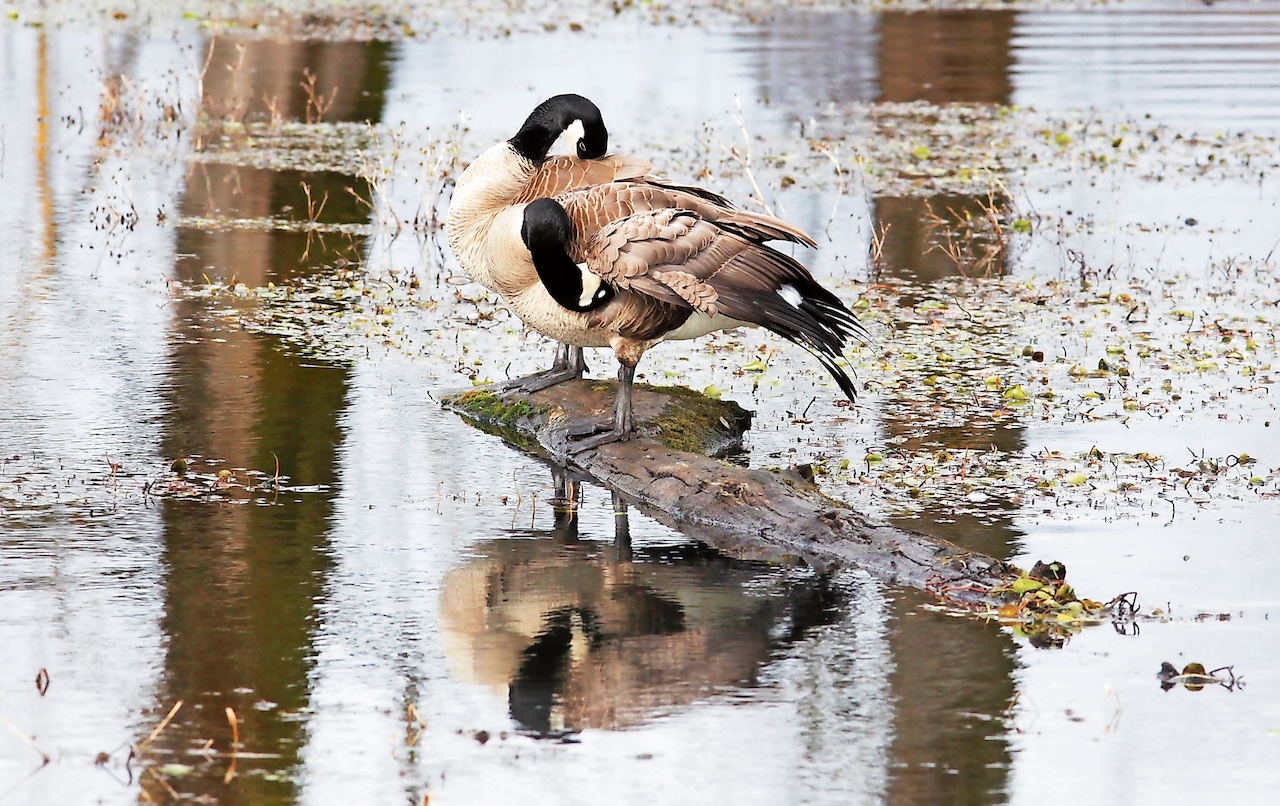
After birds across Massachusetts died from the bird flu this week, state officials from MassWildlife have asked the public to monitor deaths for the animals.
The information is being collected through a public form and pictures of “wild birds to monitor possible outbreaks of Avian Influenza,” according to a statement on the MassWildlife website.
“We are particularly interested in sick/dead seabirds washing up along coastal areas,” the officials wrote.
On Monday, state officials announced over 60 birds were suspected to be infected with the bird flu at a Plymouth pond.
And across the state and on the campus of University of Massachusetts Amherst, two dead Canadian geese tested positive for the disease on the same day.
The two geese were the first known cases of the highly pathogenic avian influenza, also known as HPAI or H5N1, on the school campus, according to a UMass Amherst spokesperson.
Signs have been placed near Campus Pond to warn visitors not to feed or touch geese, and town officials and faculty who interact with animals have been instructed to take measures to reduce the risk of transmission.
State officials ask the public to report sick or dead seabirds, such as seagulls, terns, cormorants and sea ducks. They also ask for the public to report if there are five or more wild birds of other species found at a single location.
A separate form has been created for “dead domestic poultry,” according to the website.
Bird flu can be transmitted to humans, but it is rare. However, the U.S. Centers for Disease Control and Prevention recommend avoiding unprotected exposure to sick or dead birds or other animals. In addition, poultry, eggs and beef should be cooked to a safe internal temperature to kill bacteria and viruses.
In December, the U.S. Department of Agriculture ordered nationwide testing of milk samples after increased reports of cases of HPAI. Many grocery store refrigerator shelves have had few or no egg cartons in recent months, as the bird flu has disrupted egg production throughout the country.
There has been at least one reported human death from bird flu in the country so far this year, when a person who was over 65 and had other underlying health conditions died in Louisiana early this month.






